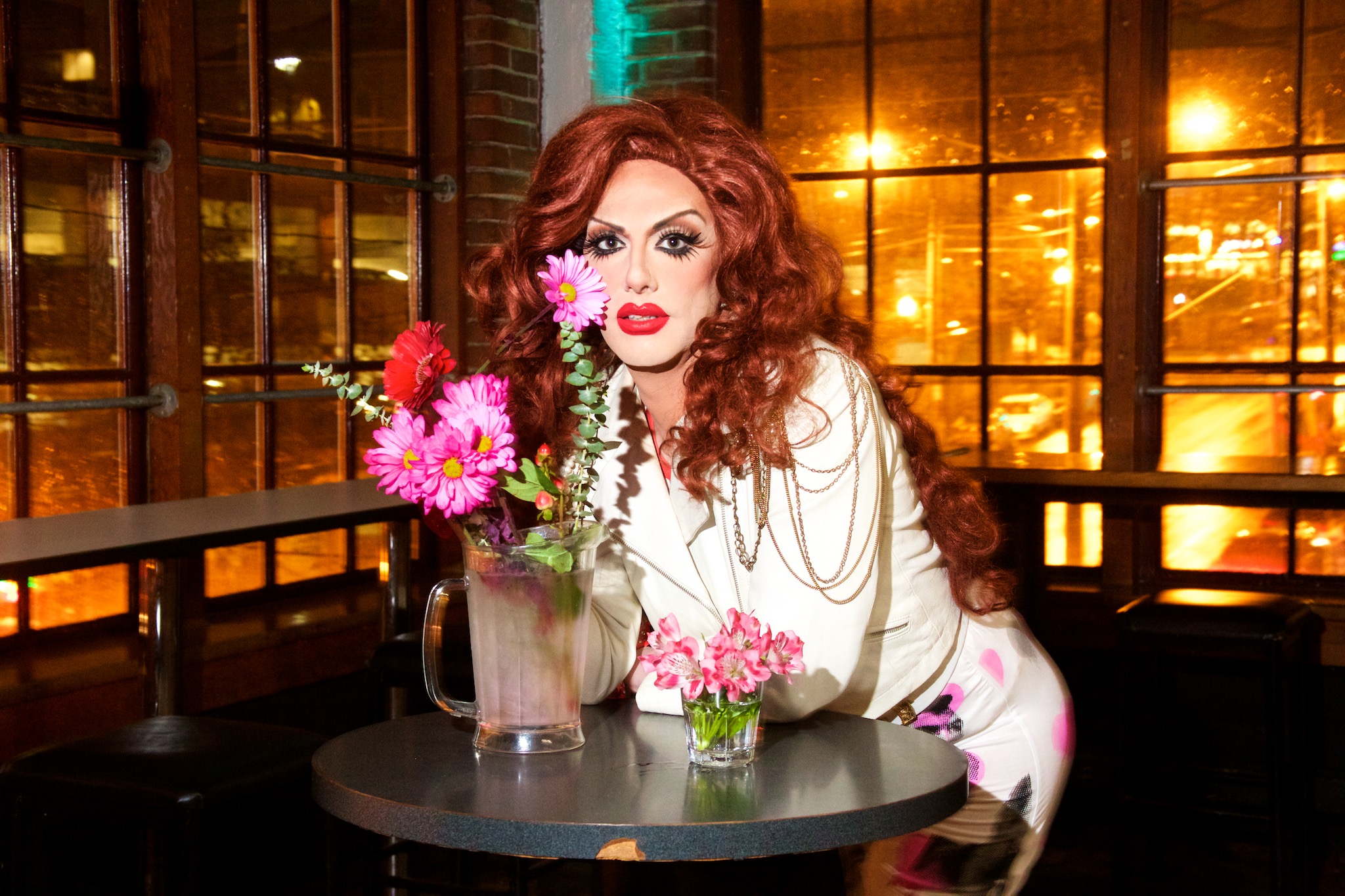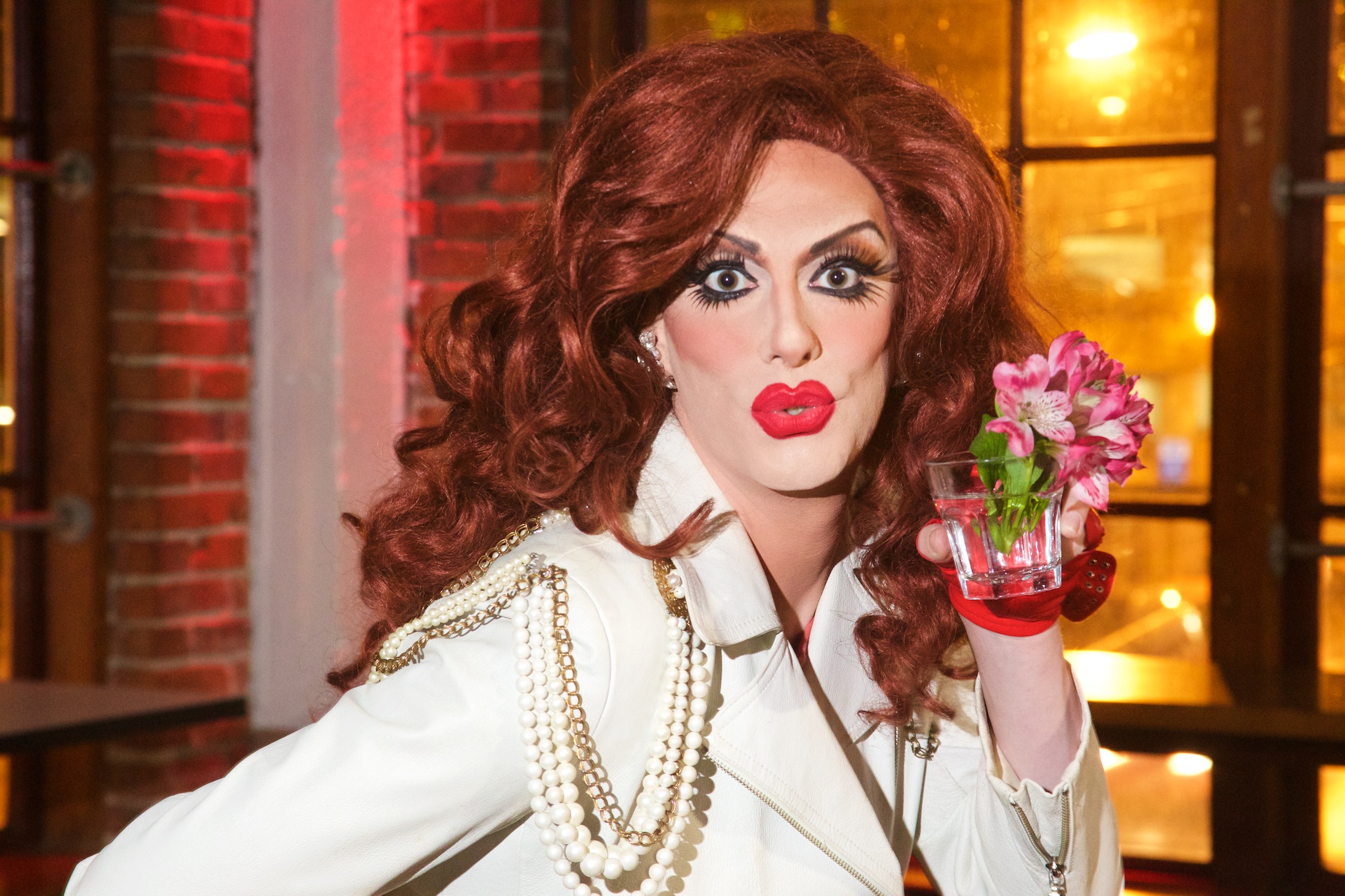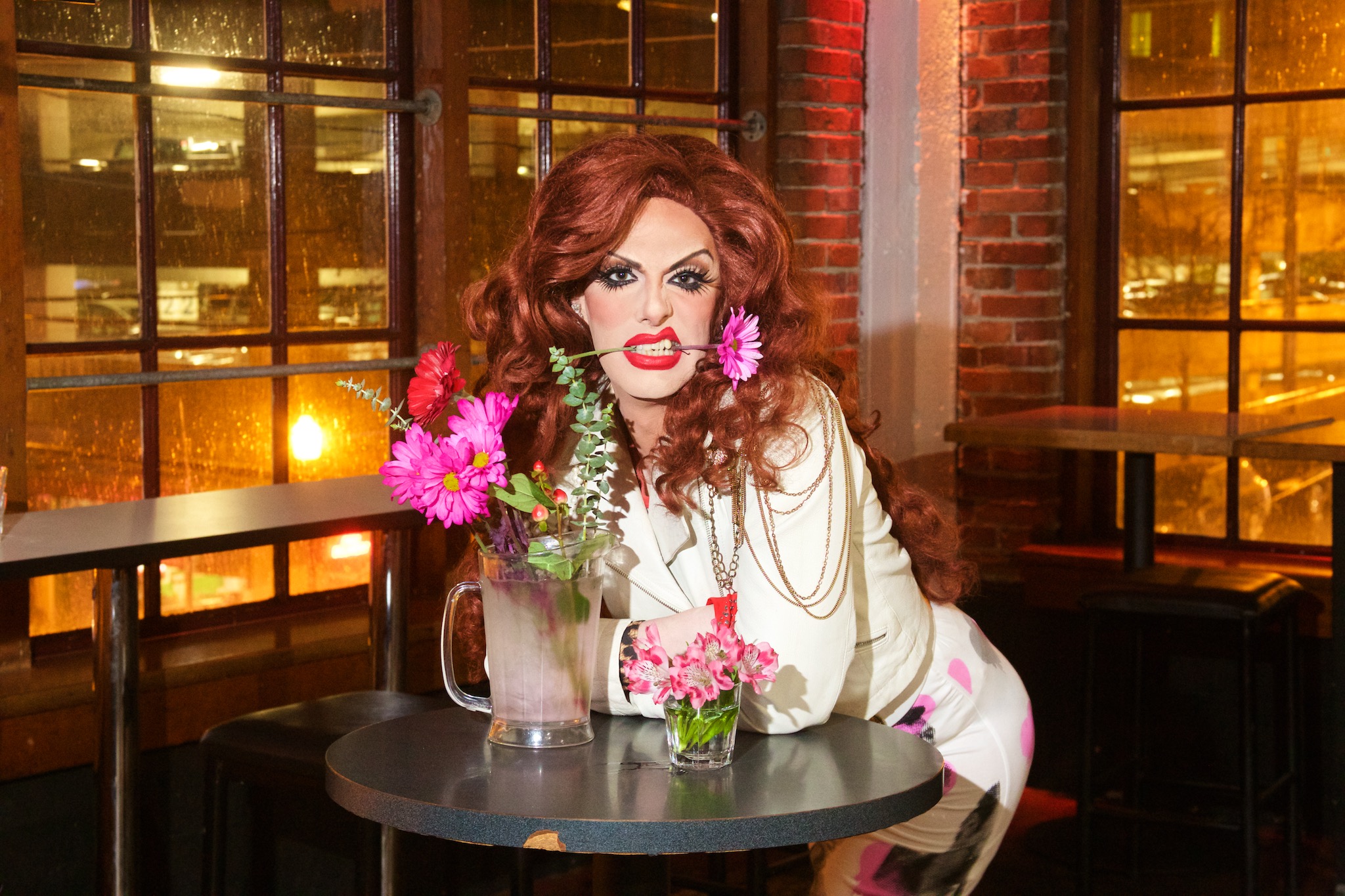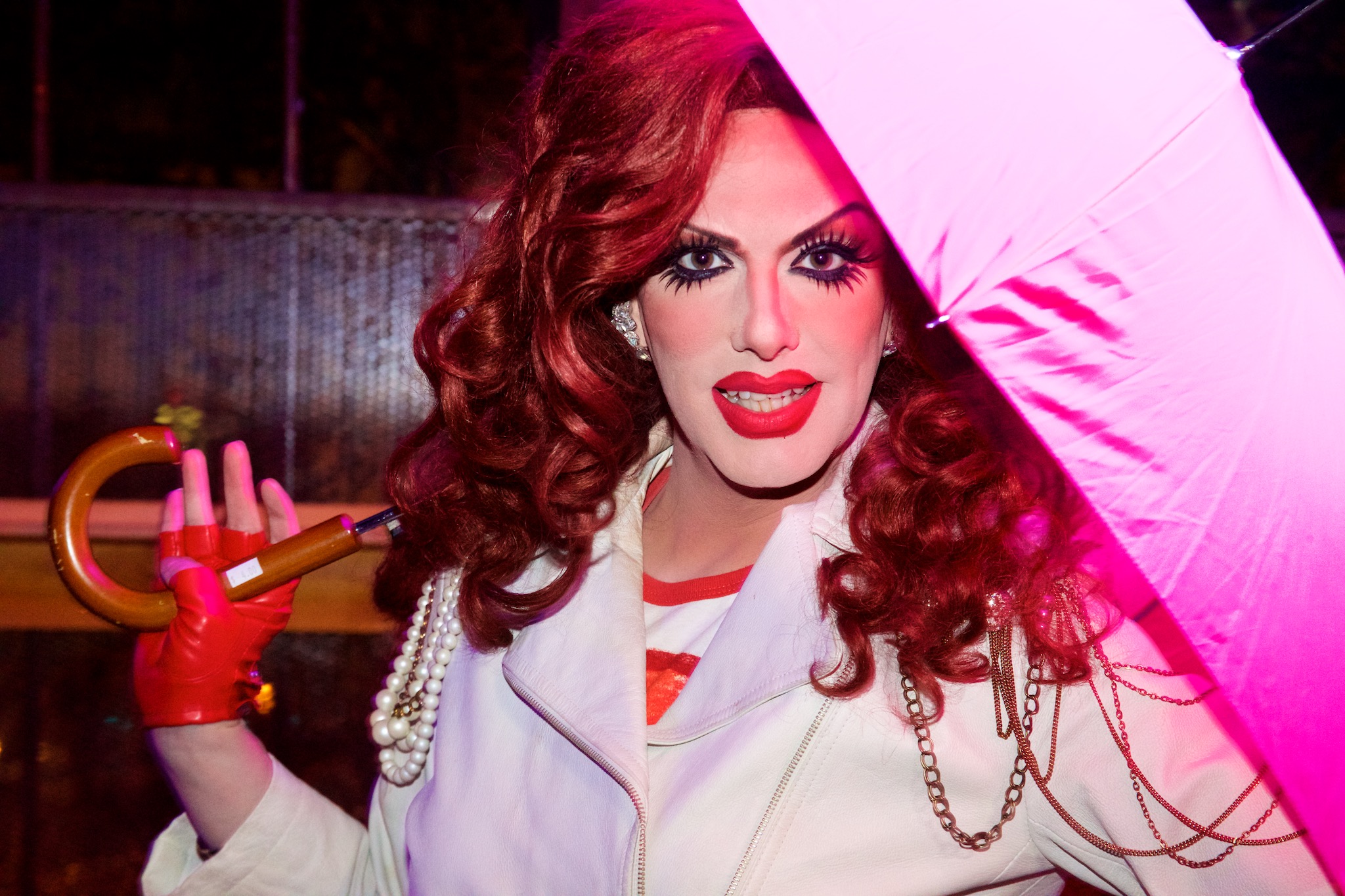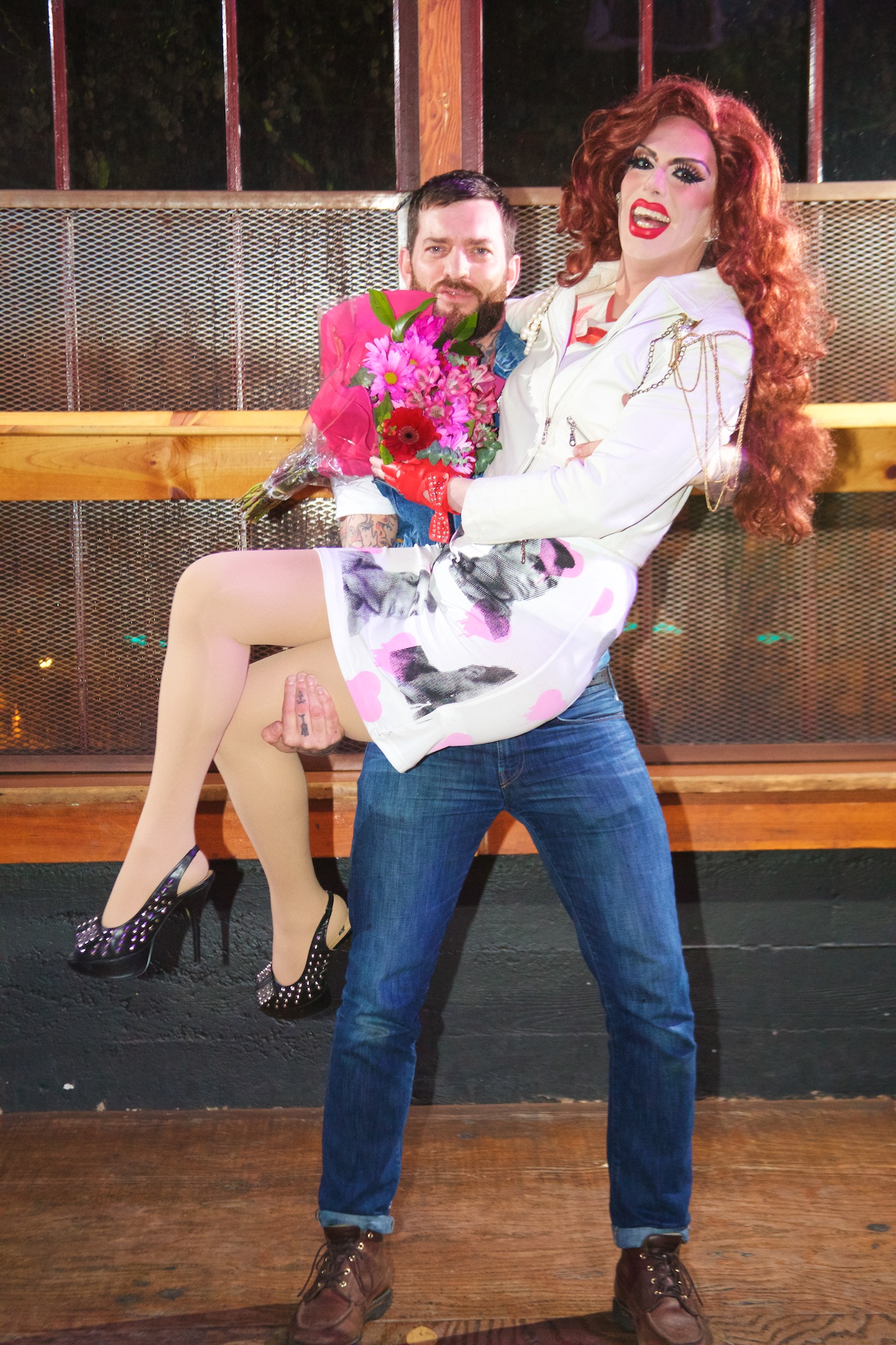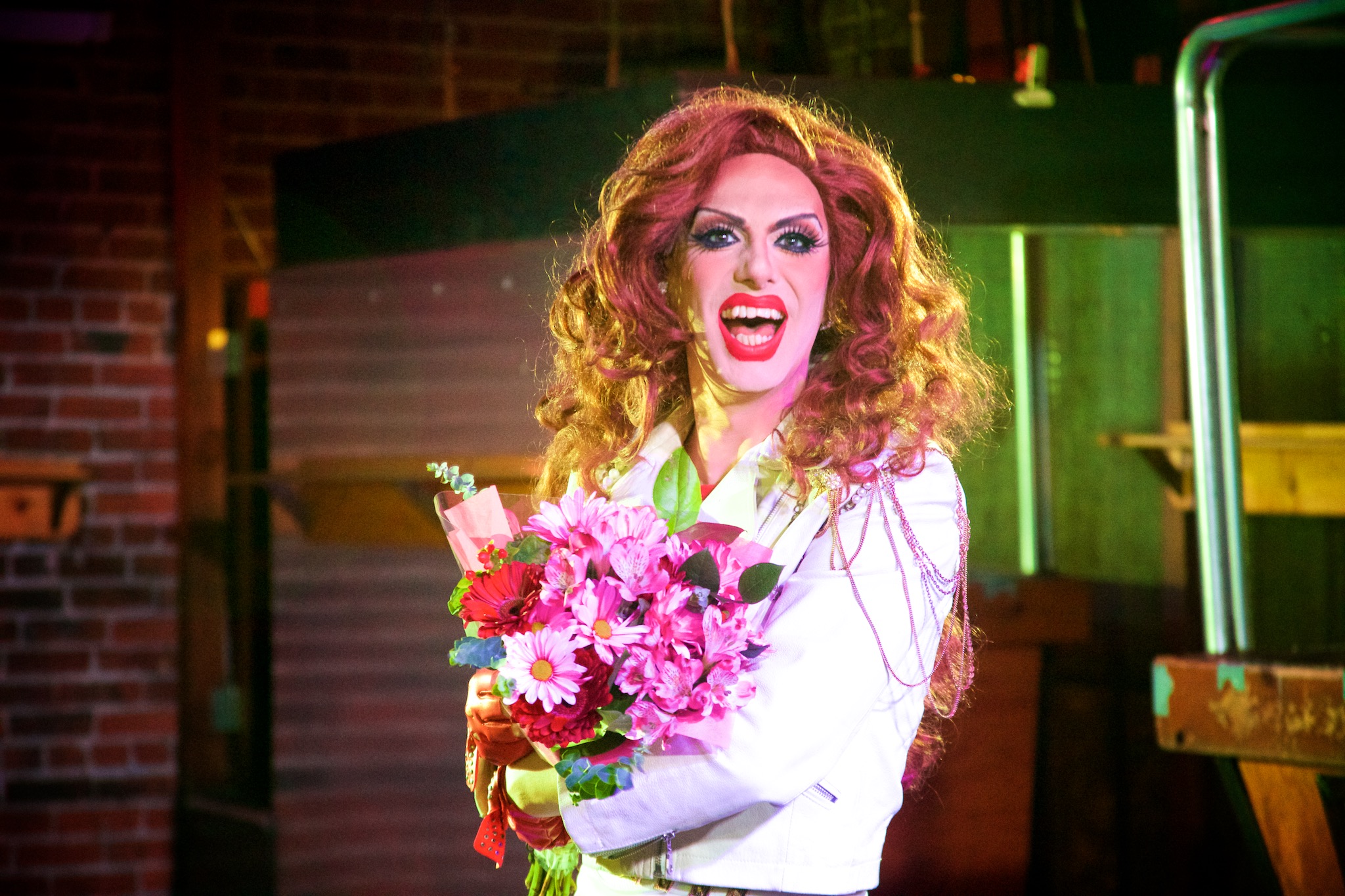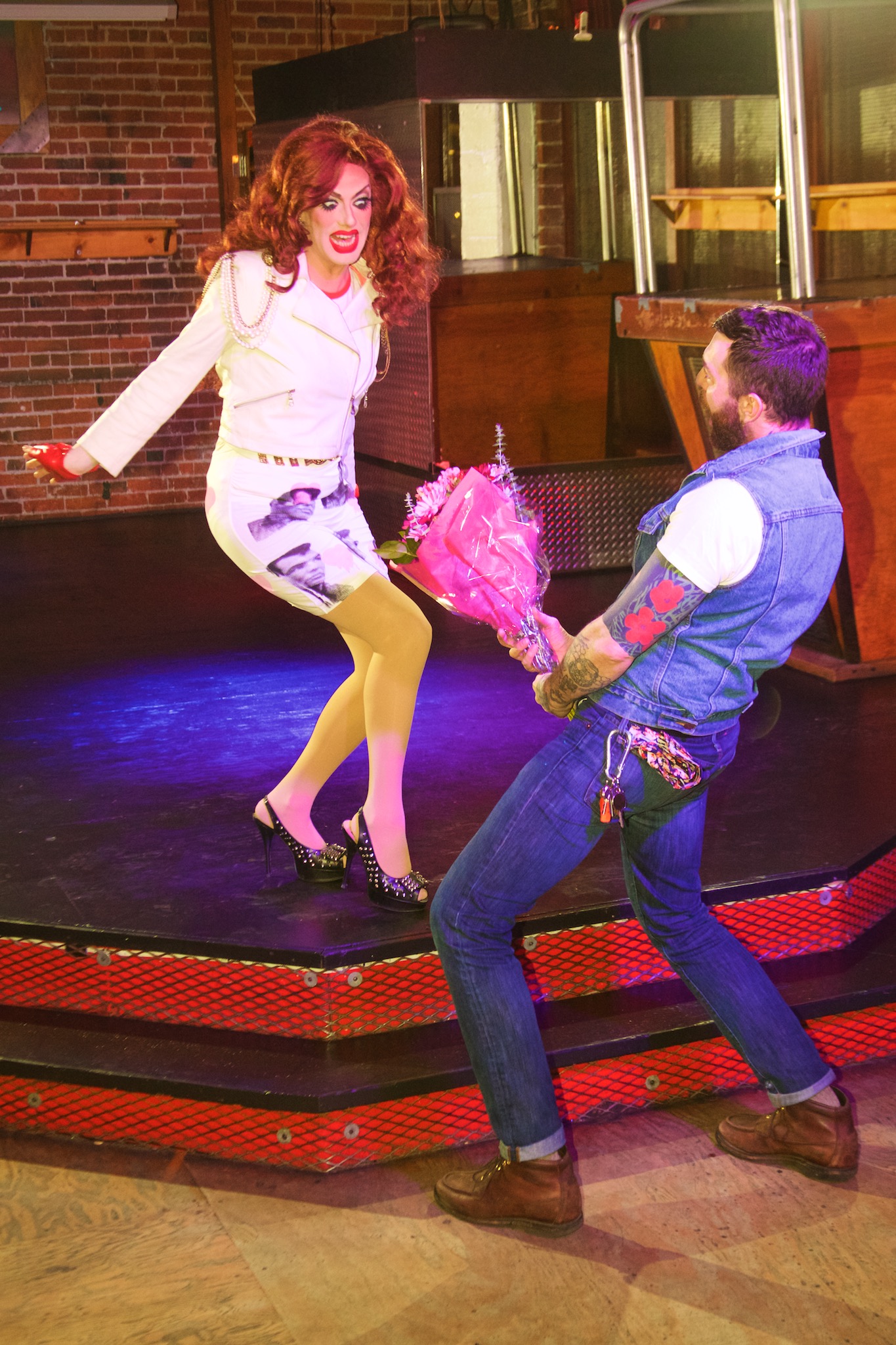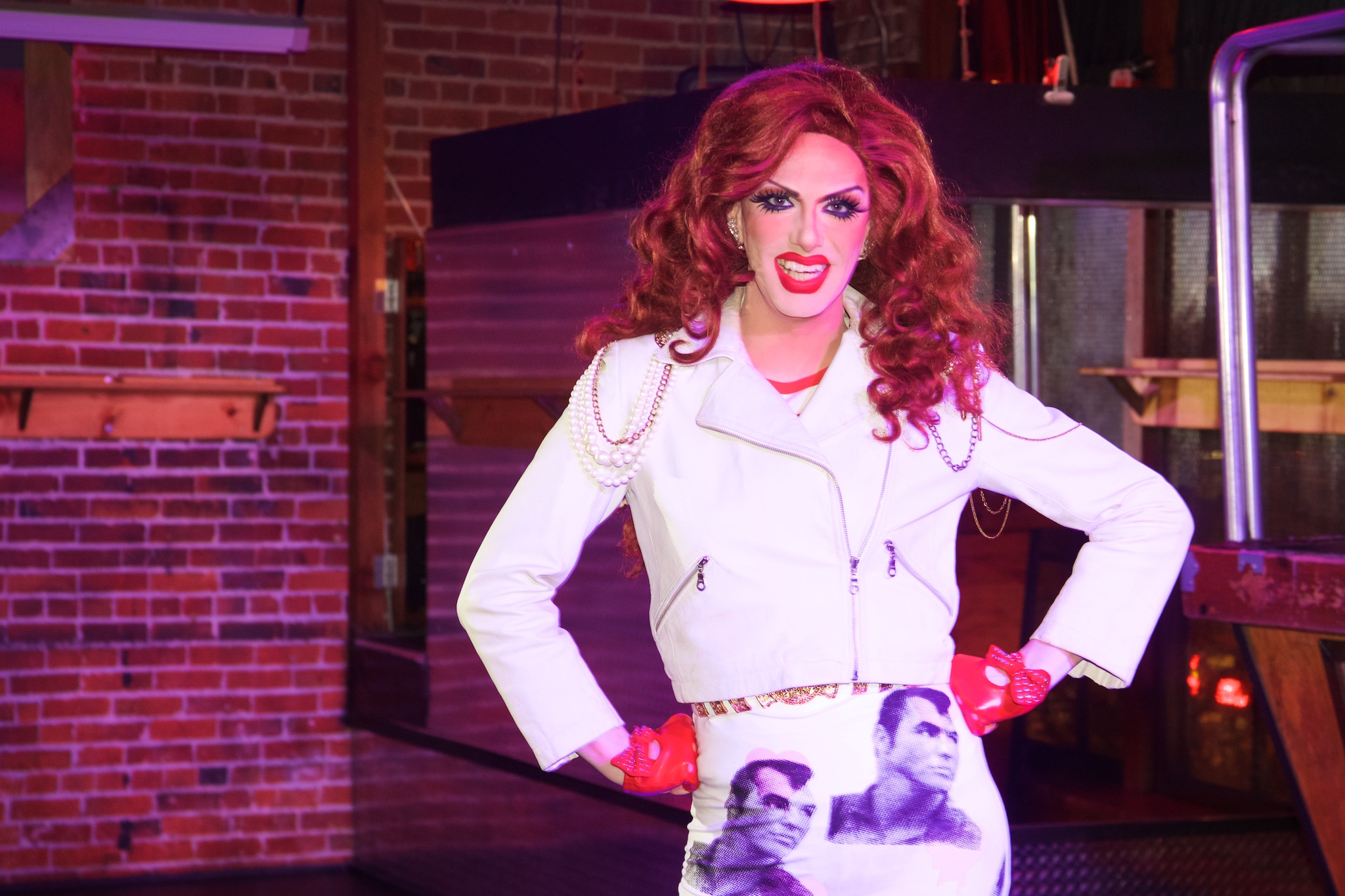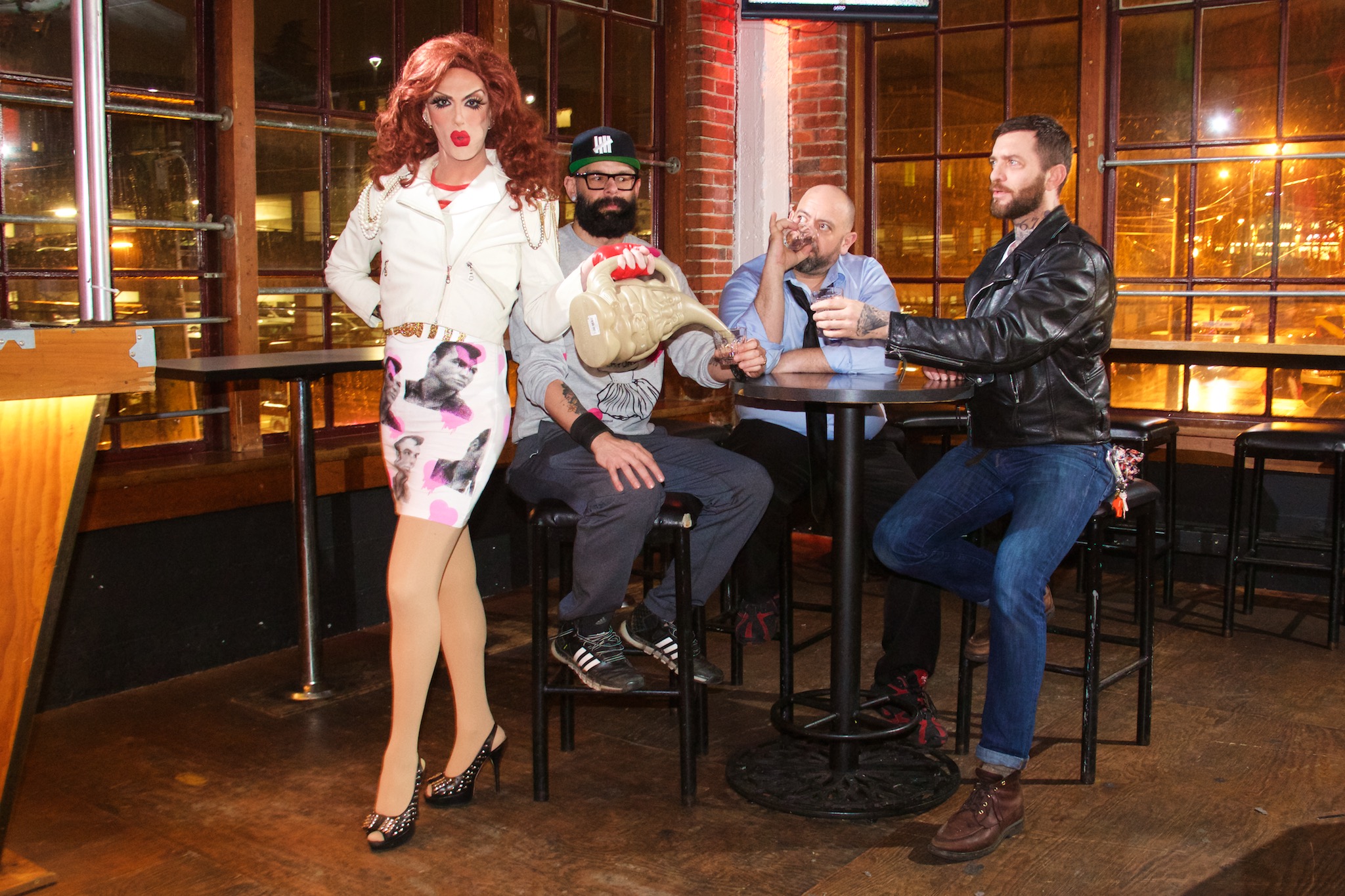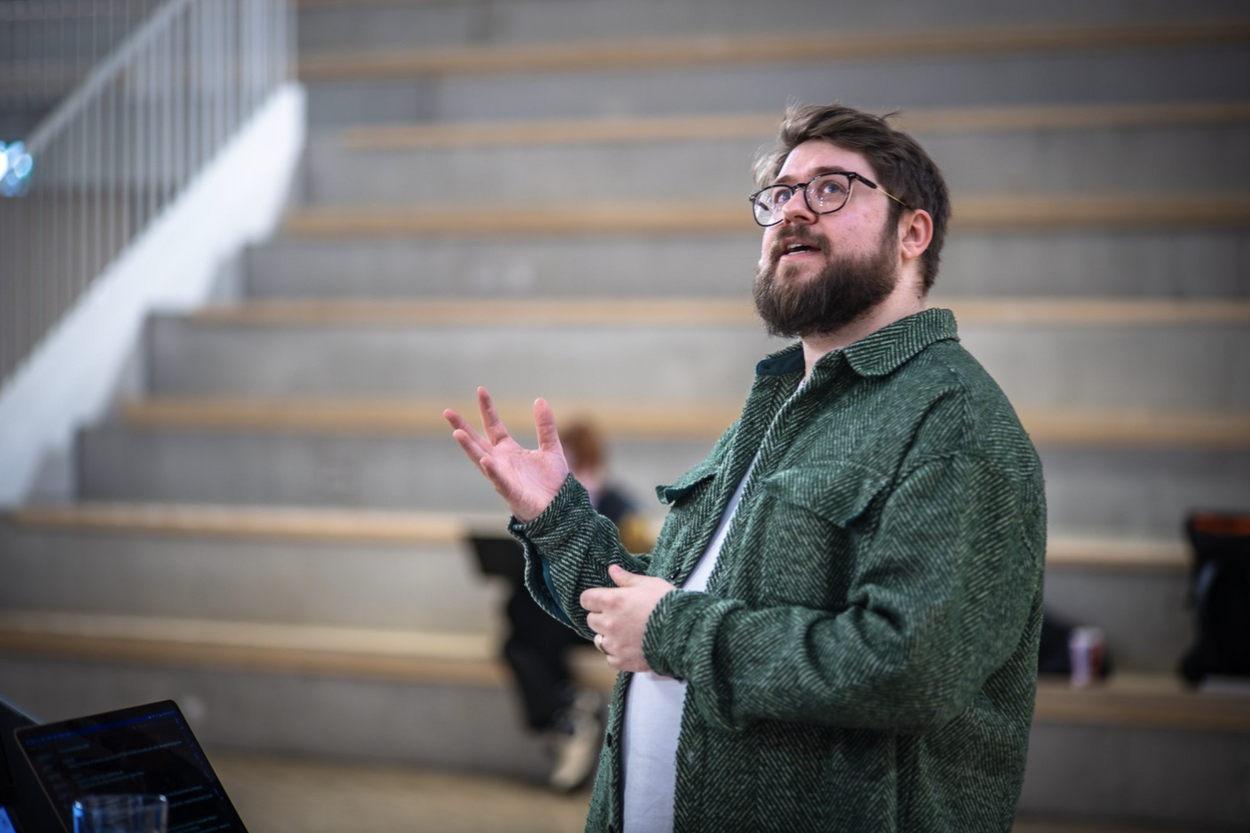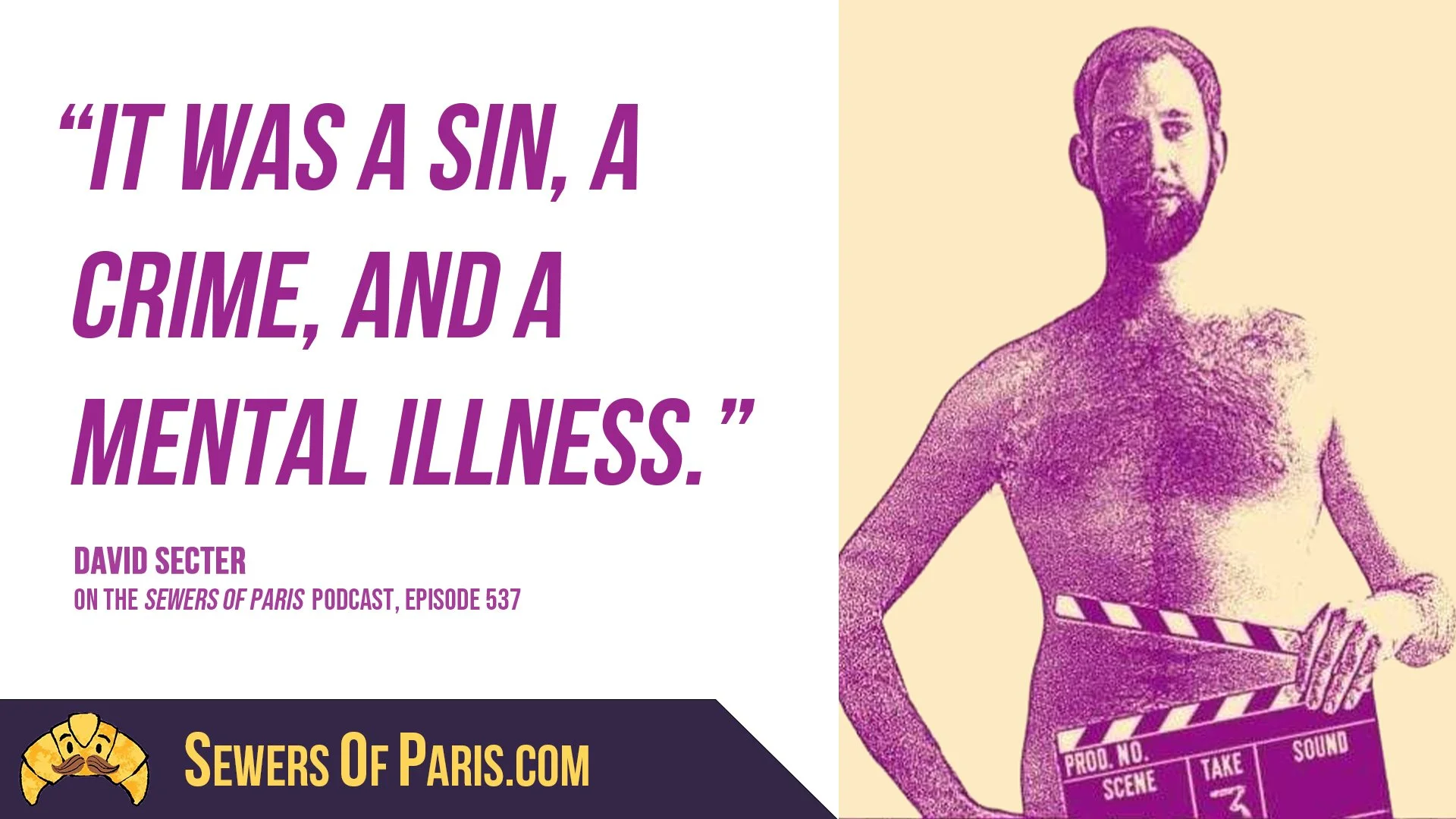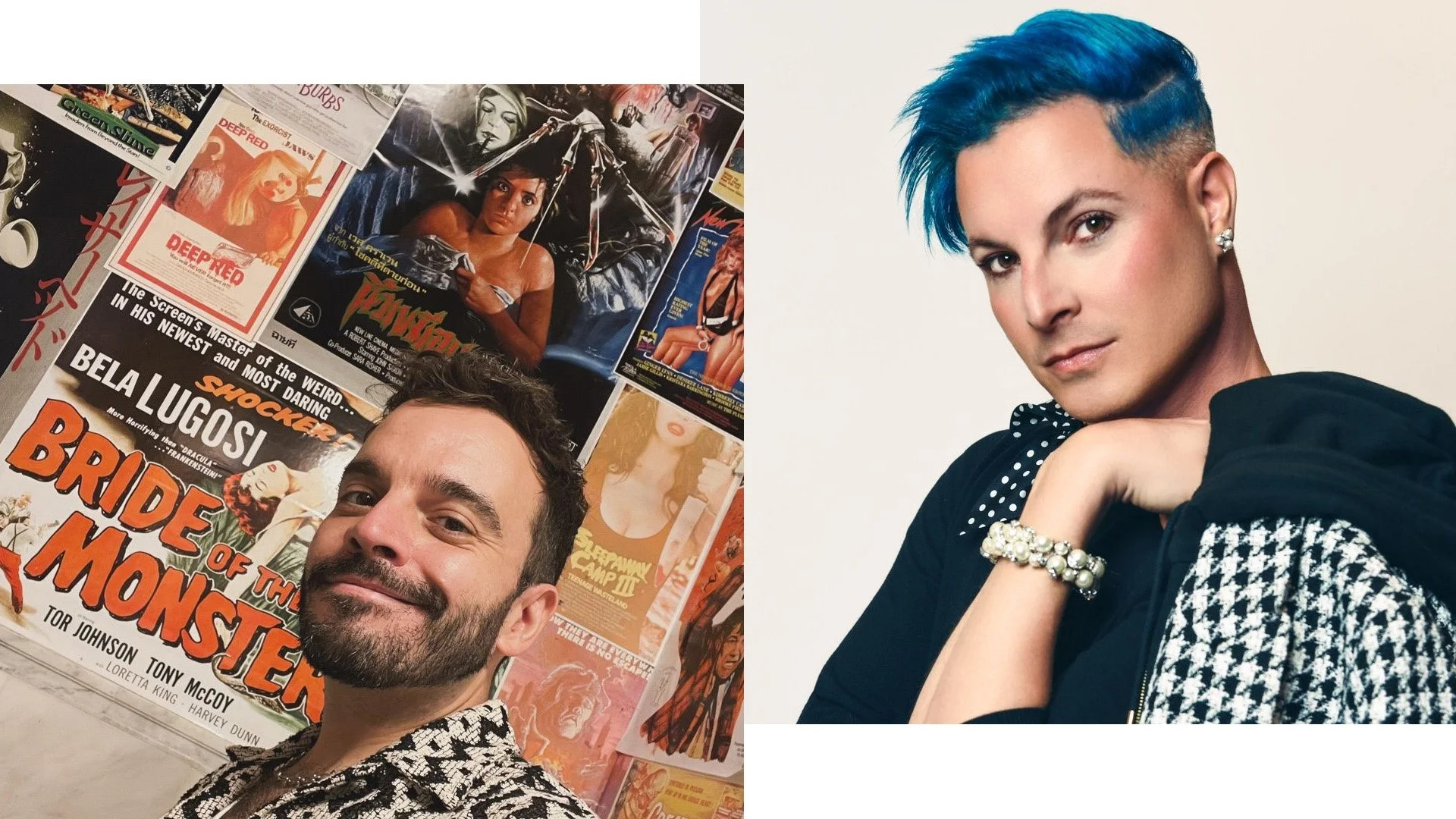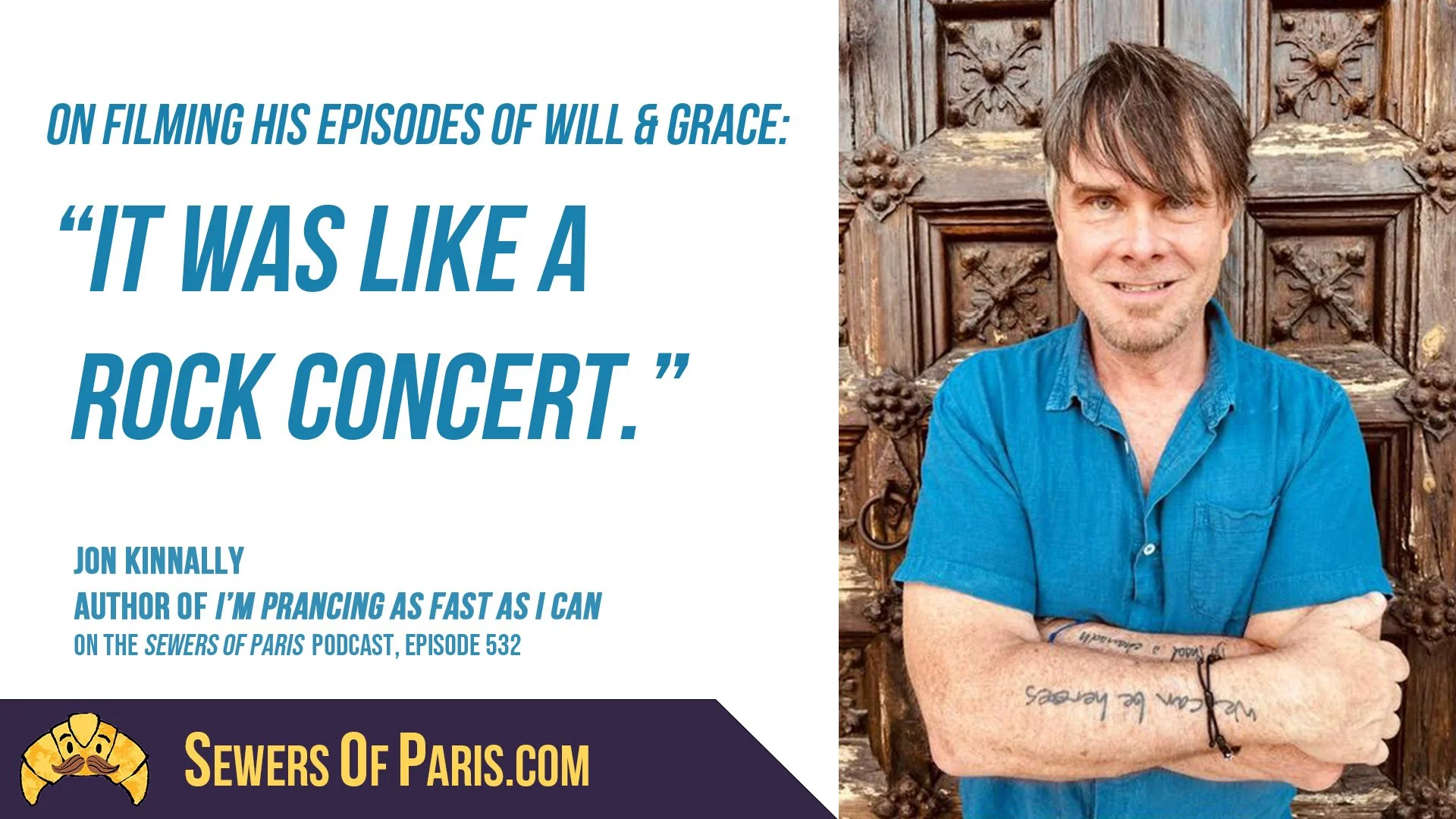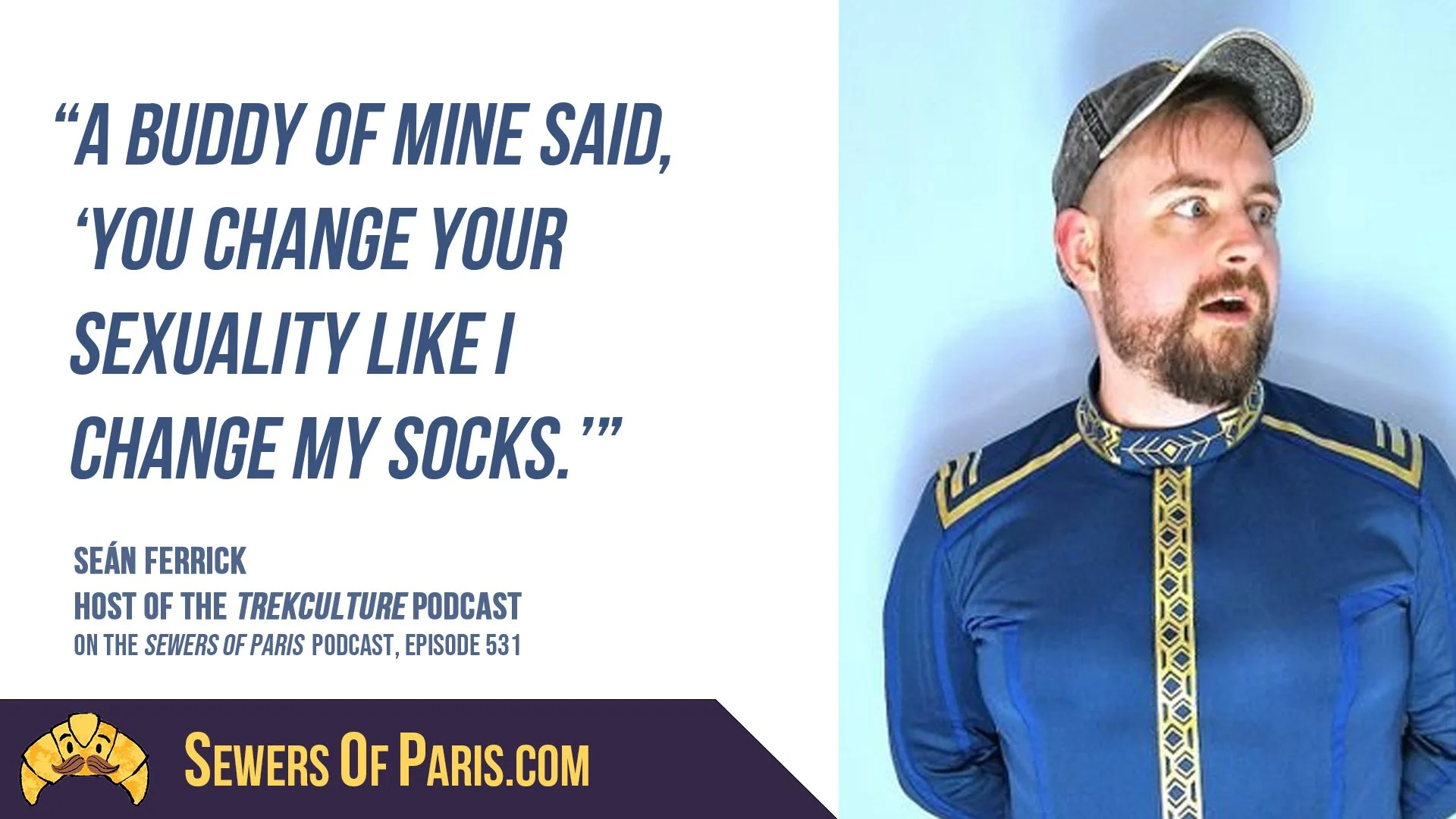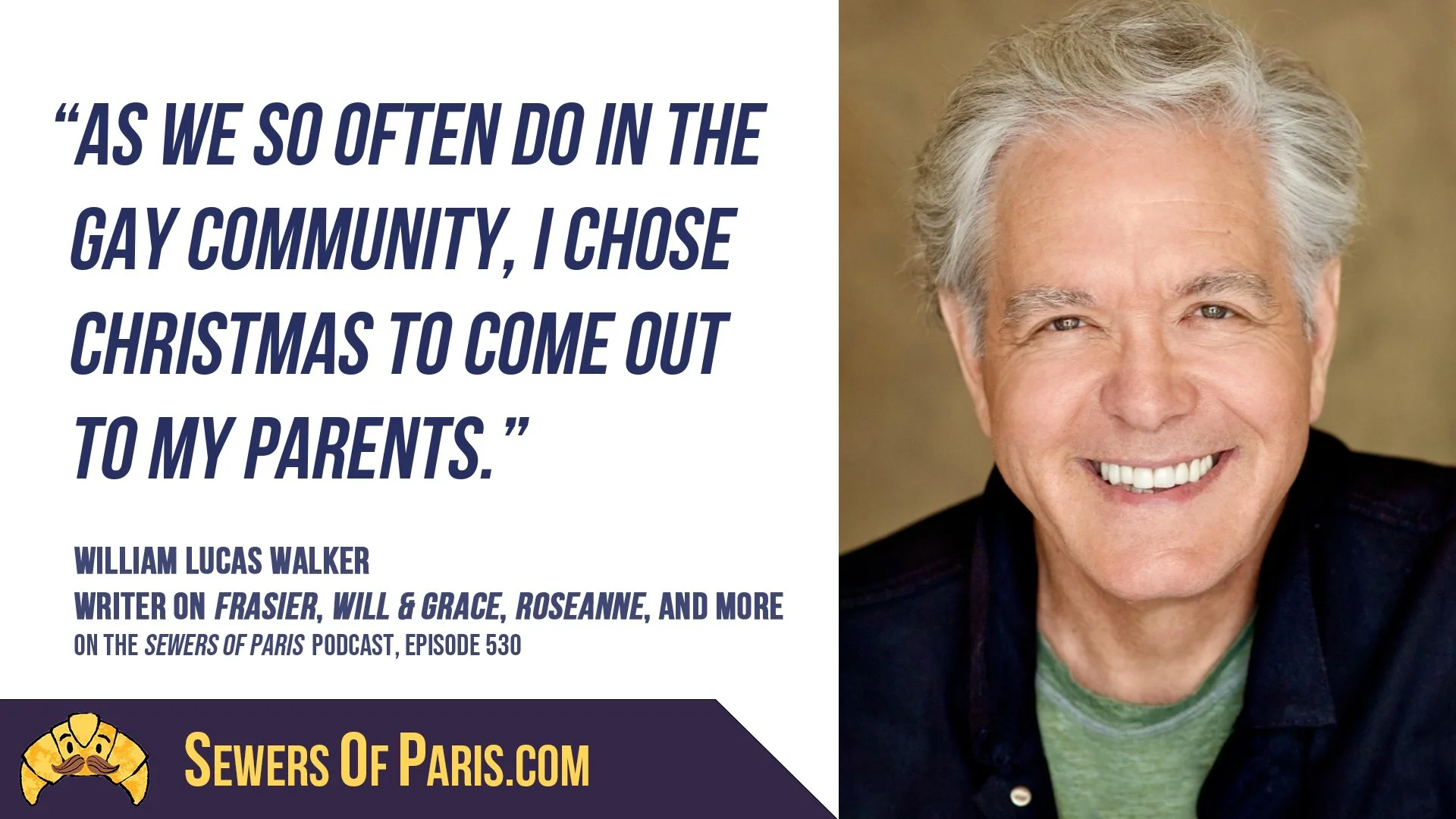This Week's Guest: Terry Blas
You might be familiar with the work of this week's guest. Terry drew a comic that everyone was passing around a few months ago called "You Say Latino," that's all about the differences between Latino and Hispanic. He has a new comic up this week on Fusion.com called "Ghetto Swirl," about coming to terms with being gay and Mormon.
If you haven't seen his work, check them out -- they're both quick reads, and they're helpful guides for how to describe people around you, or yourself. And Terry knows a thing or two about labels. Nerdy, Hispanic, Mormon, gay, comic illustrator -- he's worn a lot of hats. Or at least, he's tried on a lot of hats. Some fit, and others didn't. They really really didn't.
This Week's Recommendation: Buffy
Thanks again to Terry for joining me. And also for reminding me what an amazing show Buffy is -- it's been a while since I watched, but gathering clips for this week's episode sent me down a YouTube spiral of some amazing episodes. And you should do the same -- my recommendation this week is to clear your calendar for a month or two so you can watch all seven seasons.
Now season 1 is a little rough. The touches of brilliance are all there, but you'll have to be a little patient while they all come together. Season one is very much about standard teen drama, but the show hits its stride soon enough and before long you're watching something so sophisticated that there is now an entire academic discipline known as "Buffy Studies."
One of the most amazing things about the show -- and there are a lot, but no spoilers -- is how much it changes over time. You can binge watch all 144 episodes over the course of two months, if you watch two a day. But when it aired, the story played out over seven years. And we didn't just watch Buffy journey through adolescence, we followed the show into its own adulthood, growing increasingly dark as it grapples not with popularity or parental pressure, but with life, death, the purpose of existence.
Also, in case you haven't heard, there's a musical episode, so that's pretty great.
Clips of Stuff We Talked About
Music:
Parisian Kevin MacLeod (incompetech.com)
Licensed under Creative Commons: By Attribution 3.0
http://creativecommons.org/licenses/by/3.0/





